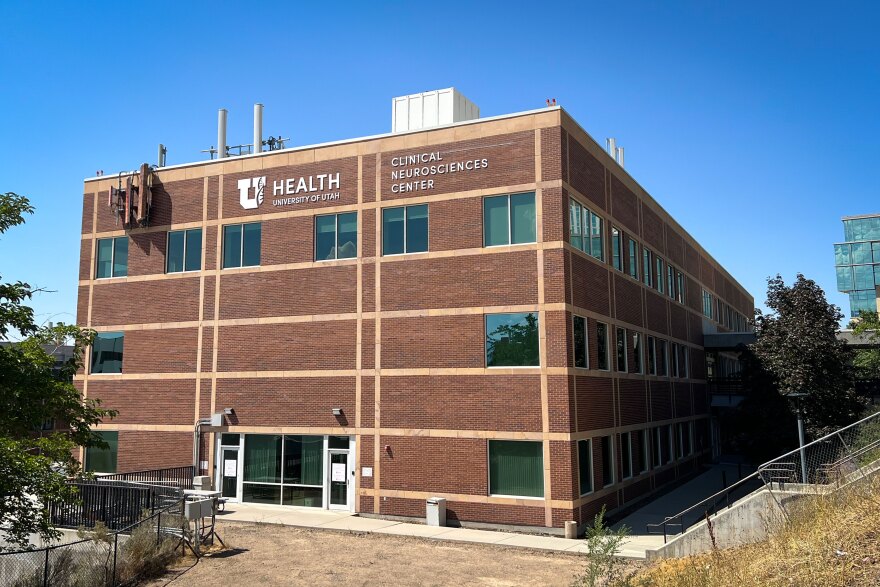Pueden encontrar la versión en español aquí.
__
University of Utah neurobiology professor Jason Shepherd researches how the brain stores memories and how cognitive diseases like Alzheimer's make that go wrong.
“The outcome of our research is really trying to, you know, have an impact on society where we can understand these really devastating neurological diseases,” he said.
But as the National Institutes of Health moves forward with diversity, equity and inclusion-related funding cuts prompted by the Trump administration, Shepherd said the future of health research in Utah is unclear.
“I mean, I'm feeling pretty demoralized,” he said.
Since President Donald Trump took office, the federal government has taken action to end DEI efforts government-wide. That has included cutting research grants for projects related to DEI topics, such as LGBTQ health outcomes or proposals that include words like diversity and gender.
A U.S. district judge blocked the cuts in June, ruling they were illegal and discriminatory. However, the U.S. Supreme Court has since overturned that decision, allowing the NIH, for now, to move forward and cancel approximately $783 million in research grants.
Shepherd said the impacts of these cuts will be widespread.
The NIH has targeted specific wording to assess diversity-related grants. But that could still affect funds unrelated to DEI-focused projects, according to Shepherd, such as initiatives for rural and first-generation students to become scientists.
If he doesn’t receive his federal grants, he said he’ll have to stop his work on Alzheimer’s. Labs throughout the state could also be forced to abandon research on common diseases like cancer and depression. Shepherd is worried that it will stunt the progress of medical discoveries.
One of the hardest parts, Shepherd said, is navigating uncertainty.
Sydney O’Shay, assistant professor at Utah State University, said funding cuts will interrupt research addressing Utah’s health disparities. O’Shay is the primary investigator of the Research on Equity, Advocacy, and Communication in Health Lab, where she researches health outcomes to improve health equity across communities.
Researchers need to target specific populations to see if problems disproportionately impact them, and she said that’s hard to do without falling under the DEI umbrella.
“We're just going to see, I think, a widened gap in health outcomes between urban and rural spaces in Utah,” she said.
O’Shay is also worried about the chilling effect on young researchers. As an early career scholar herself, she said navigating funding cuts has been a struggle. With critical funding on the line, she thinks other professionals will steer away from important topics in their work for the sake of job security.
“It doesn't make sense, and so it just really is making something political that really shouldn't be political.”
Editor’s note: KUER is a licensee of the University of Utah but operates as an editorially independent news organization.





